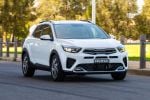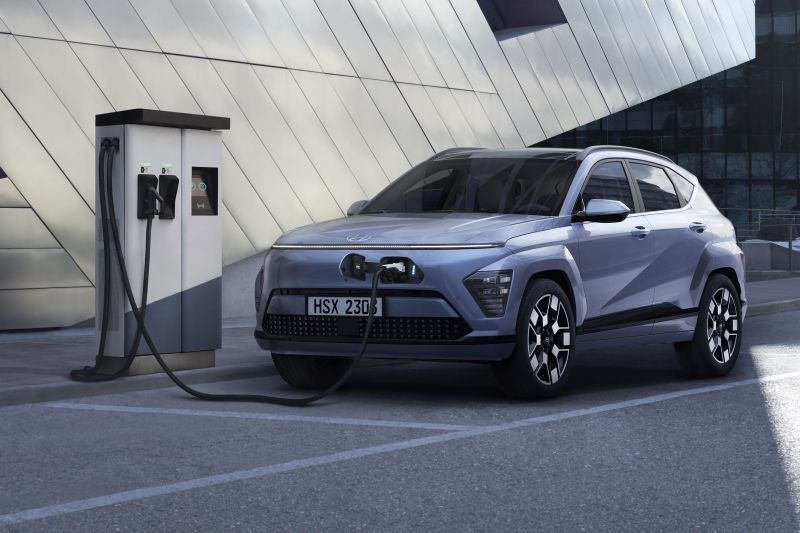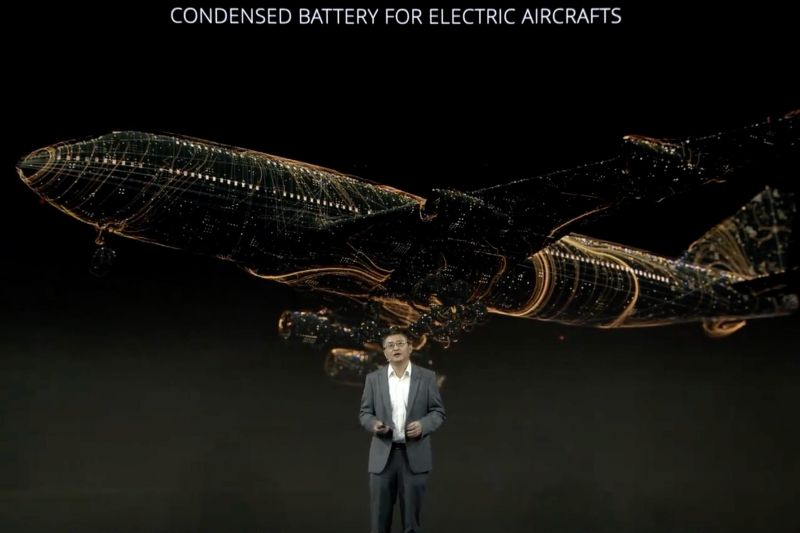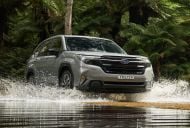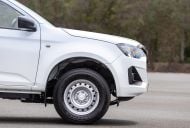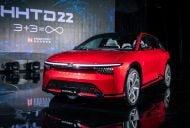Hyundai wants to become a global frontrunner in the electric vehicle (EV) space, and its latest step towards that goal is to bring battery production in-house.
In order to cut the prices of its EVs and become more competitive in the growing EV landscape, it wants to start making its own lithium-iron phosphate (LFP) batteries – reduce its reliance on Chinese supply chains in the process.
The first Hyundai vehicles with LFP batteries will reportedly appear in 2025, aimed at emerging markets.
It’s reported by The Korea Herald the Hyundai Kona EV and Kia Ray EV are powered by LFP batteries supplied by China’s CATL.
The Korea Herald reports Hyundai aims to achieve a maximum cell capacity of 60Ah in the new batteries. Hyundai also reportedly wants the batteries to feature energy density around 300W/kg, and produce similar voltages to NMC (nickel manganese cobalt) batteries.
To achieve this vision, it’ll establish additional research centres and enter/continue new joint ventures with established industry players.
Hyundai has already opened a specialised battery development organisation at its Namyang HQ. The organisation is focused on enhancing the performance and safety of electric car batteries, as well as researching cell design and chemistries.
Additionally, the company has created research initiatives at multiple South Korean universities, including at its own Hyundai Motor Group-Seoul National University Joint R&D Center.
Hyundai is also constructing a next-generation battery research centre in Uiwang, Gyeonggi-do, which is scheduled for completion in 2024.
These initiatives arrive as Hyundai continues its JVs and partnerships with established companies such as LG Energy Solution and SK On.
Hyundai announced at its 2023 investor day it plans to invest A$11.3 billion (KRW 9.5 trillion) over the next 10 year to enhance its internal battery development capabilities.
